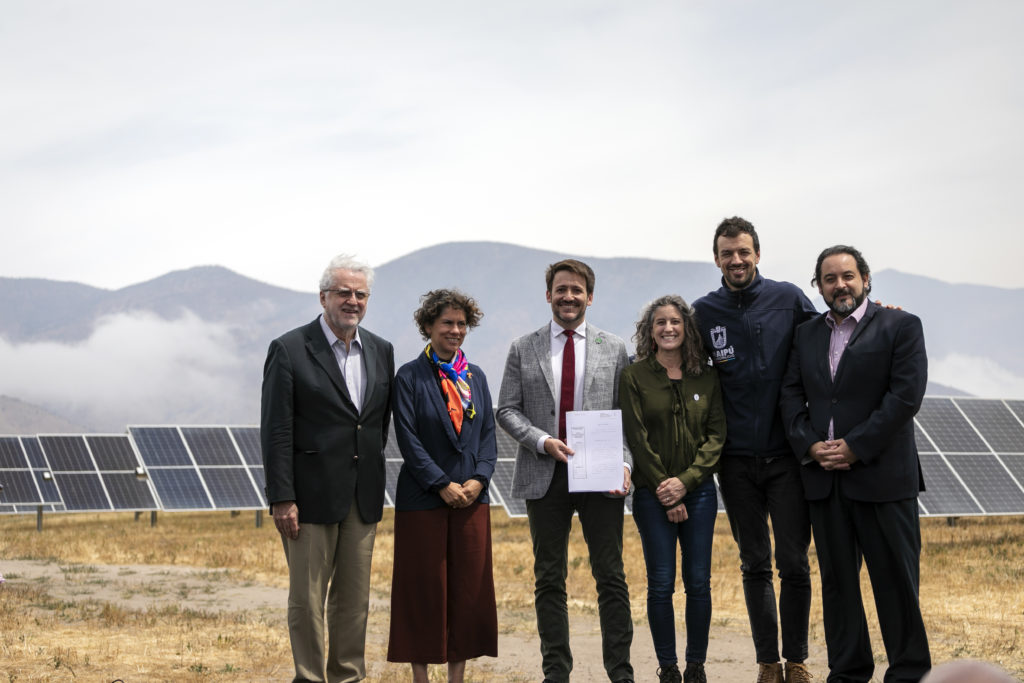From pv magazine Latin America
Chile has enacted a new law on energy storage and electromobility, following its approval in parliament in October.
“This law promotes the participation of renewable energies in the electricity matrix, allowing their storage and avoiding the dumping of the generated production,” said the Chilean Ministry of Energy.
The main features of the law include the possibility of compensating standalone storage projects to inject energy into the grid, in addition to being available at times of peak demand. It may also accelerate the retirement of coal-fired power plants.
In addition, the law seeks to reduce the cost of circulation permits for electric vehicles for periods of eight years. EV owners would be exempt from paying fees in the first two years, followed by a gradually rising fee. The measure would reportedly bring the price of EVs down to the level of internal combustion engine vehicles, which are about 65% cheaper at present.
“We are entering a period which will allow the development of flexible renewable energies. We need to encourage the use of clean technologies that allow the grid to respond during peak demand times to stop depending on fossil fuels,” said the Chilean Minister of Energy Diego Pardow. “This is the only way to decarbonize our energy matrix.”
This content is protected by copyright and may not be reused. If you want to cooperate with us and would like to reuse some of our content, please contact: editors@pv-magazine.com.



9 comments
By submitting this form you agree to pv magazine using your data for the purposes of publishing your comment.
Your personal data will only be disclosed or otherwise transmitted to third parties for the purposes of spam filtering or if this is necessary for technical maintenance of the website. Any other transfer to third parties will not take place unless this is justified on the basis of applicable data protection regulations or if pv magazine is legally obliged to do so.
You may revoke this consent at any time with effect for the future, in which case your personal data will be deleted immediately. Otherwise, your data will be deleted if pv magazine has processed your request or the purpose of data storage is fulfilled.
Further information on data privacy can be found in our Data Protection Policy.